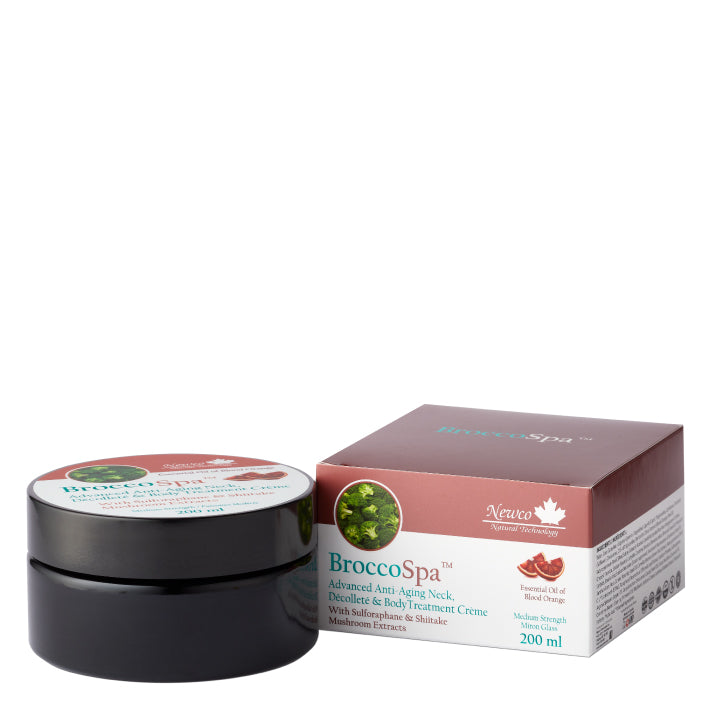Learn how to cultivate your energy reserves.
“If we feel tired, we think something is wrong. Nothing is wrong. We are just tired. We need rest. Sometimes a lot of it, if we’ve gone for years vetoing our body’s signals.” – Dr. Claudia Welch
A yoga teacher with a neurobiology background recently shared that every time we hear our phones ding–or our neighbor’s phone vibrate–our cortisol levels rise. And in the 24/7, perpetually wired world we now occupy, most of us are living in a perpetual fight or flight state (we see a triggering text and our body has the same reaction it SHOULD have when we see a bear!).
As a life balance teacher, I believe one of the essential strategies for mitigating speeded-up living is to REST. Rest restores our energy levels, helps us integrate and re-calibrate, boosts productivity and problem-solving, and helps us create sustainability in a world that never slows down.
Now in my fifties, I’ve been reflecting a lot on aging and how I can cultivate energy reserves that allow me to continue to travel, have outdoor adventures and do all the exciting things I plan to do with my family over the next 40 years. I’m convinced that making rest a priority is key to maintaining a high energy level and to basic self-care.
Here are 5 ways to reclaim rest in your life:
1. Change your perspective on rest
You’re a human being–not a human doing, and definitely not a robot. Downtime is essential–it’s not just for toddlers or old folks, it should be a part of our daily routine, just like brushing our teeth.
2. Rest whenever, wherever you can
My husband will sometimes head to his car at lunch for a 20 minute cat-nap! He says he returns to his software job with renewed focus.
3. Give yourself permission to get as much rest as you truly need
And if you’re in the midst of a major life transition or are recovering from a health crisis, don’t be surprised if this ends up looking like weeks instead of days. (After extensive planning and juggling, I’m preparing to take a month off in July for deep “to the marrow” renewal; I’m clear a week just wouldn’t cut it.)
4. Dedicate Saturday or Sunday specifically to rest
And guard this precious time–schedule it, if needed.
5. Do less to experience more read more
Research has shown we’re happier when things are simpler and we have less choices. We all crave expanses of unscheduled time. Challenge habitual behavior that keeps you constantly on the go.
My writer friend says she recommends “Doing nothing ….and then resting.” And a wise mentor–who is a huge advocate of building downtime in your schedule–recently joked with me that her business card should say “master rester.”
I was resistant to resting for years, but am now fully on board. I try and rest every afternoon for 20-30 minutes. I am always surprised when my head hits the pillow at how exhausted I am. But, I feel like a new person after taking this much needed afternoon break and my body now craves this self-renewal respite. C’mon people, join me. Rest=good self-care.
Written by Renee Peterson Trudeau for Working Mother and legally licensed through the Matcha publisher network. Please direct all licensing questions to legal@getmatcha.com.





